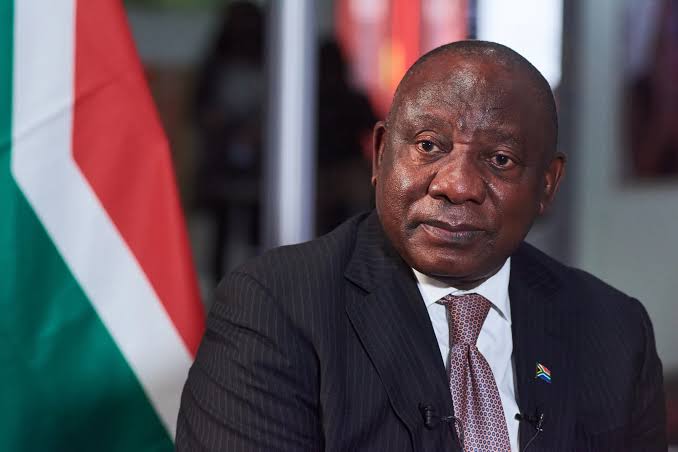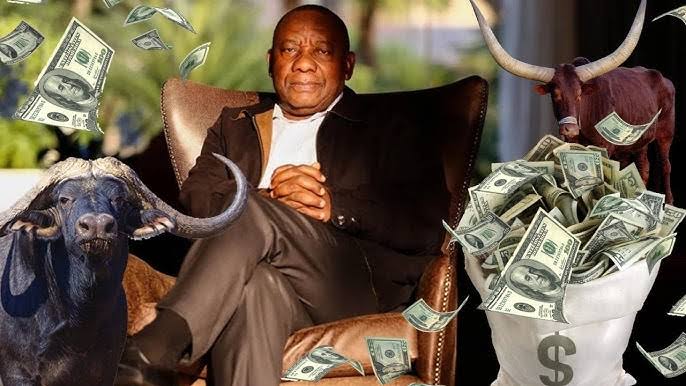The recent conviction of 45-year-old Mohammed Ameen for carrying over half a million dollars in undeclared foreign currency has reignited scrutiny over President Cyril Ramaphosa’s controversial Phala Phala scandal.

Ameen was caught in 2017 with $544,200 and nearly R3 million in cash at Cape Town International Airport while preparing to board a flight to Dubai. He was arrested on the spot and later entered a plea agreement on charges of money laundering and breaching exchange control regulations.
In contrast, no charges were filed against President Ramaphosa following the discovery in 2020 that large sums of U.S. dollars were hidden inside furniture on his Phala Phala farm. The money, allegedly stolen during a break-in, was never officially declared or banked, and questions surrounding its origin remain unanswered.
Read:Two suspects nabbed during Operation Vala Umgodi for possession of explosives
Although several investigative bodies cleared the president of any wrongdoing, critics argue that the incident revealed clear inconsistencies in how South Africa’s justice system treats ordinary citizens compared to powerful political figures.
The African Transformation Movement (ATM) has been vocal in demanding accountability. The party’s leader, Vuyo Zungula, said the treatment of Ameen versus the handling of the Phala Phala case exposes “blatant double standards.”
According to Zungula, no one involved in the Phala Phala affair—be it the farm staff, law enforcement, or the president himself—has been held accountable, despite apparent legal violations. The party is now pursuing court action to challenge the findings that exonerated the president.
The National Prosecuting Authority (NPA) in Limpopo previously stated that no one would be prosecuted in the Phala Phala matter due to insufficient evidence for a successful case.
Zungula argued that this sets a dangerous precedent where politically connected individuals can evade justice, while ordinary citizens face full legal consequences for similar offenses.

